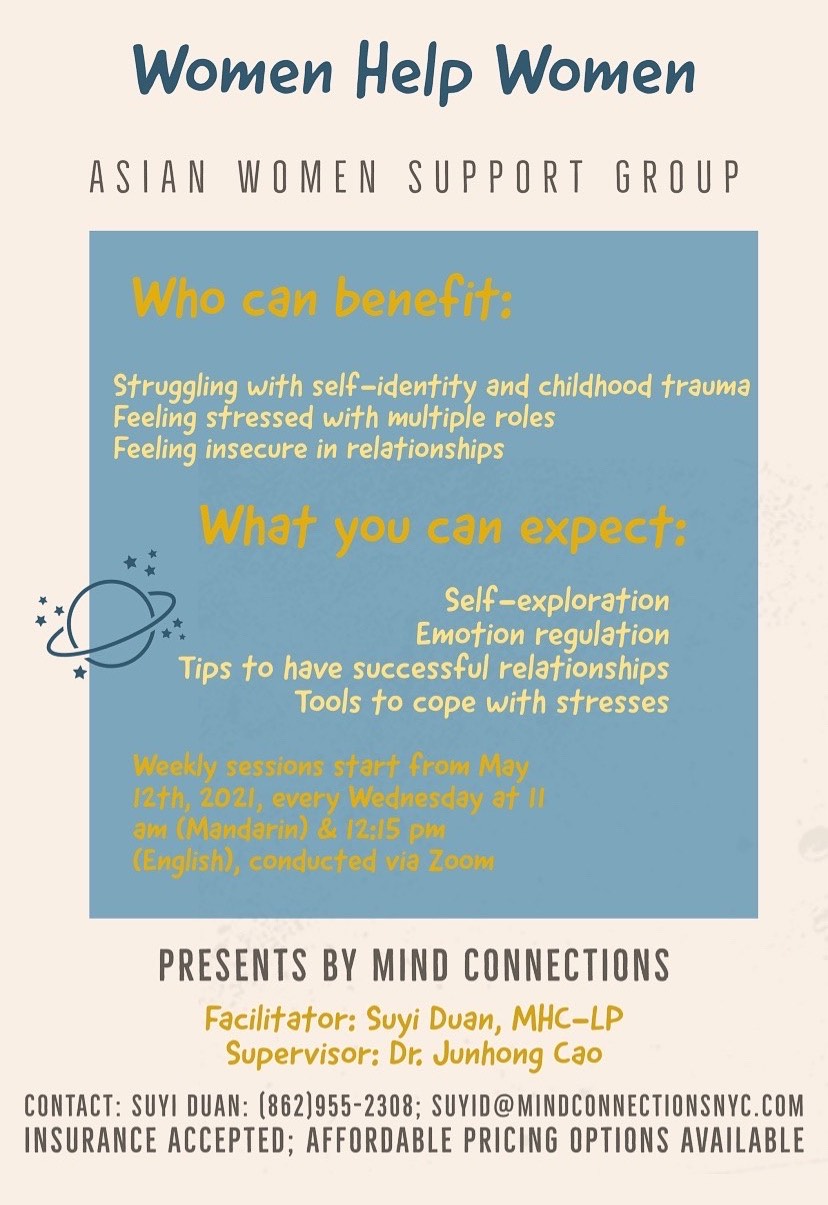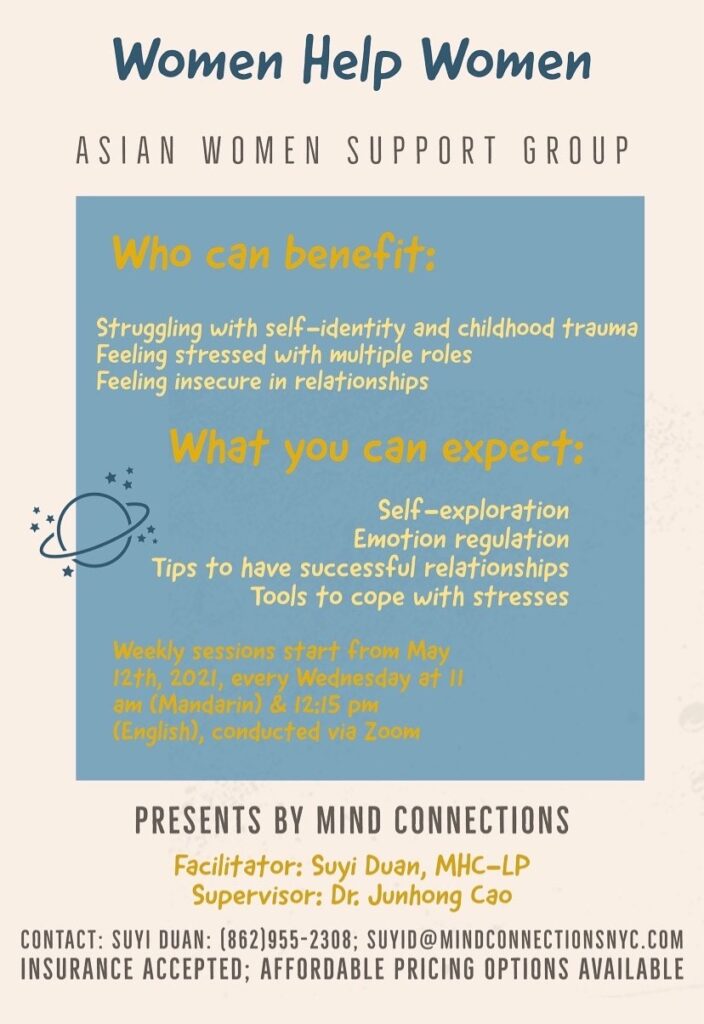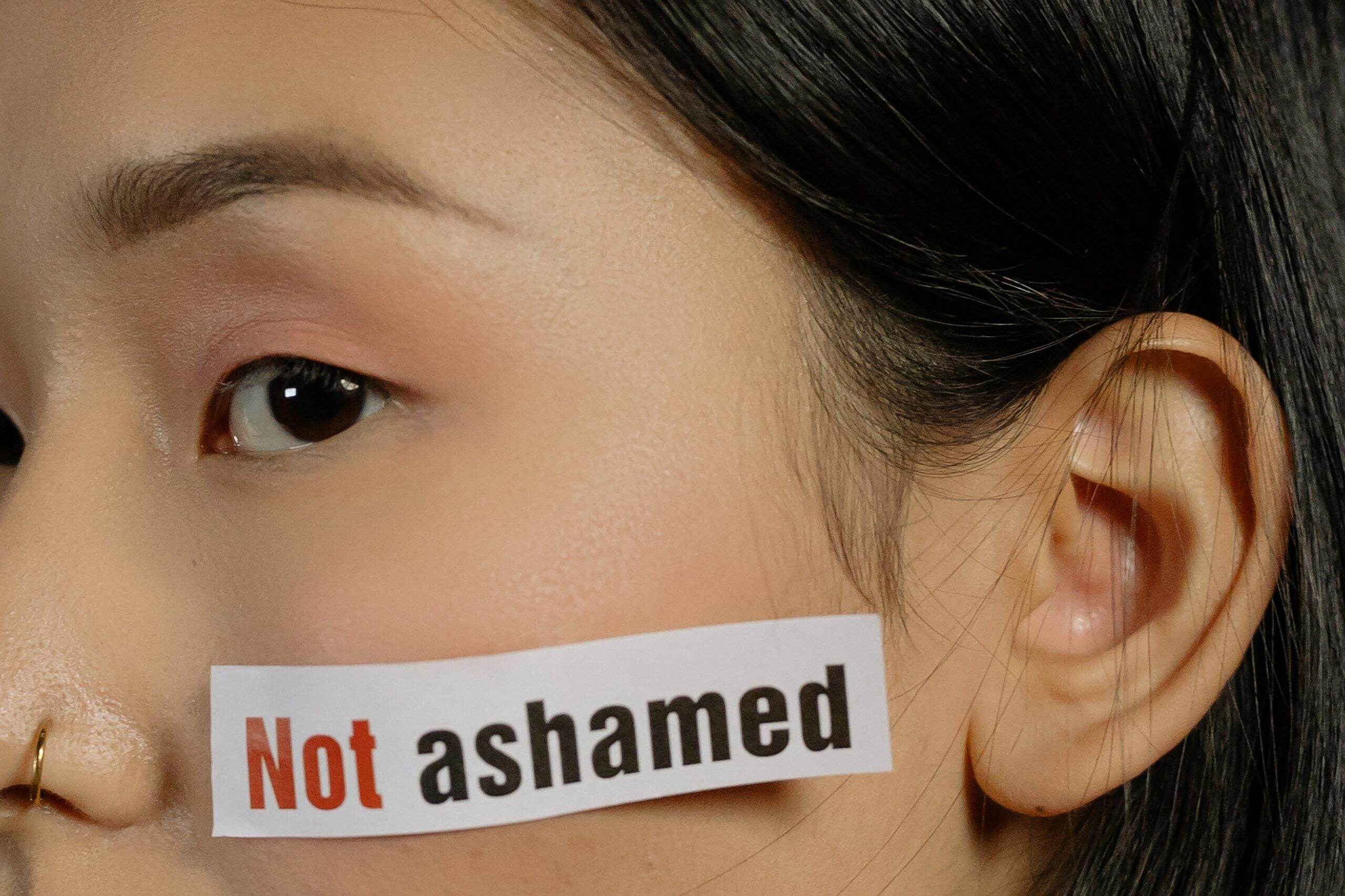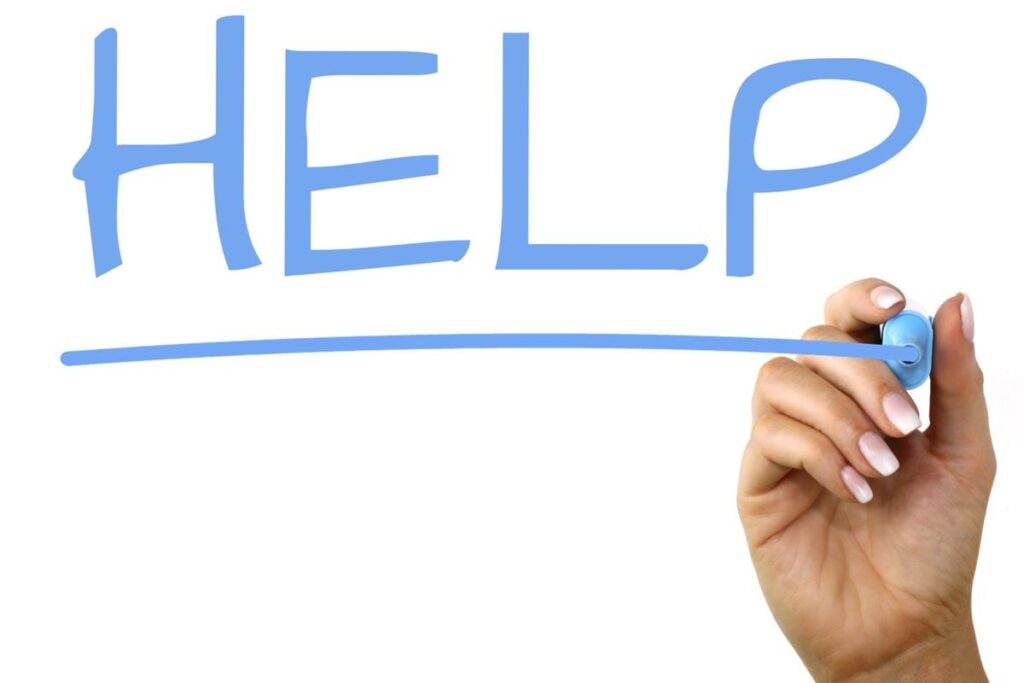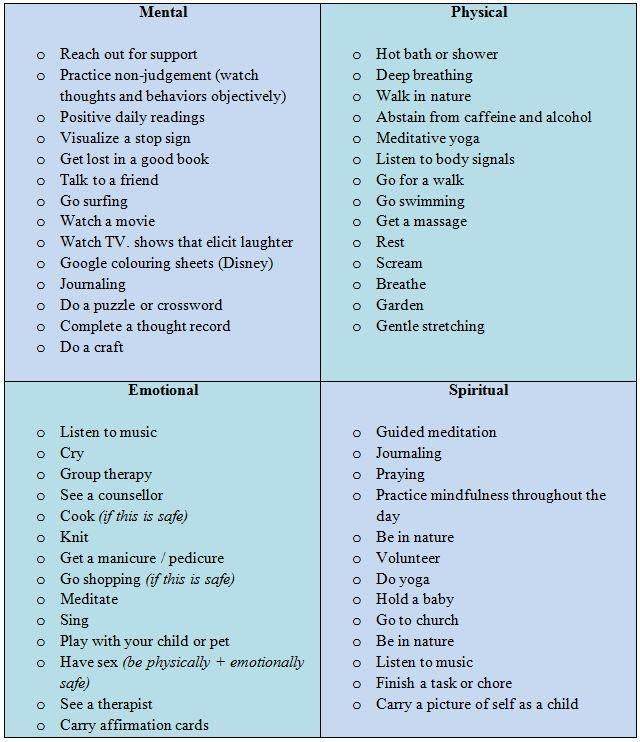When we all have to use self isolation to protect our health during this quarantine time, depression is reported to occur at a higher rate. What does depression feel like? It usually affects our daily functioning and manifests through thoughts, behaviors, mood, and physical symptoms.
- In mood, you may feel sad, agitated, lonely, helpless, and hopeless;
- In behaviors, you may withdraw and isolate yourself, easily throw temper tantrum, tend to use alcohol or drugs;
- Physically, you could have sleep and appetite issues, easily feel tired, have low energy level, feel “lazy”, numb, sluggish, and loss of interest.
- In terms of thinking, your concentration and memory may even be affected. You tend to have negative thoughts like “I’m a failure”, “I am useless”, “No one likes me”.
How to fight depression without medication? Many people found this tool GRAPES helpful to boost motivation and alleviate depression. GRAPES stands for the following acronyms:
- Gentle with Yourself
- Relaxation
- Accomplishment
- Pleasure
- Exercise
- Social
GENTLE with yourself – Use self compassion
Gentle with yourself, simply put, is to improve self compassion. When you are hard on yourself and use those negative thoughts to judge, criticize, and blame yourself, it is important to remember, you will not be so harsh to a friend. Therefore, to fight depression without medication, it is essential to remind yourself to change the way you talk to yourself to that you talk to a friend. You will notice the different tone and choice of words. Such difference can help you to use positive self affirmations such as:
- I am kind.
- I love myself!
- I am beautiful inside and out.
- I am proud of who I am!
- This is no easy job but I made it!
- I will achieve my goals!
- I deserve to be appreciated!
RELAXATION – Mindfulness Meditation Practice
To fight depression without medication, relaxation is a very important tool. You can practice relaxation almost anywhere. Take breathing exercise for example, paying attention to your inhale and exhale can give you both emotional and physical release. Deep breathing increases circulation, releases endorphins, and relaxes muscles. When you use relaxation to create a mindful moment, you are able to pay attention to what you are experiencing right here and right now. This way, your negative thinking turn its direction when you do not have to focus on the depression negative spiral. You are immersed in the moment, reconnect with your inner strength, and feel the peace and tranquility.
Relaxation is to use mindfulness for depression to calm your central nervous system, clear your mind, and recharge your body. Relaxation may also be taking a nap, reading a good book, taking a shower or a bubble bath, practicing yoga, swimming and feeling the water, enjoying your favorite music, cuddling with your pet, taking care of your plant, sewing, making your tea, slowly having coffee, preparing a meal, having some snacks, or simply sitting under the sun and feeling sunshine warming up your body. You may find some Apps such as HeadSpace and Calm helpful with a few minutes of relaxation exercise every day. Many YouTube videos can also guide you to practice meditation and mindfulness.
ACCOMPLISHMENT – Use an Activity Schedule
Accomplishment does not have to be as big as you walk on the moon or won Nobel Prize. It may be as small as you planned to walk outside and you actually did it. Having a daily routine is essential to fight depression naturally. Making lists or write down a daily activity schedule can allow you to visualize what tasks you actually have to do for that day or week. Even better, you can cross them off! Research shows that by checking something off a list, the brain produces dopamine, the happy hormone, to reduce depression. This could make you feel good with more energy and want to do more. A list can also be made via a mental health or motivation app on your smart phone. Even if it’s ‘brush teeth’ or ‘have a shower’, you’ll start to feel better once you’ve crossed it off.
Set small goals and reward yourself when you accomplish them. When depression drains your motivation, you have to work to create new incentive to replace what existed naturally before your mental health deteriorated. This starts with small and achievable goal setting. For example, your goal could be cleaning out your closet. If you succeed in that, reward yourself by cooking your favorite meal or watching an episode of the latest TV show. This process of small accomplishments and rewards will help restore your motivation.
PLEASURE – Focus on your Hobbies
Depression may feel like depriving fun out of your life. What you used to enjoy doing may not sound appealing any more. Pleasure is about having fun and joy again. Encouraging yourself to plan something fun to do is a good start. Many activities can bring you pleasure, Dancing, listening to music, coloring, gardening, watching a YouTube channel, reading, eating gourmet food, having sex, cuddling a pet, and enjoying a hobby. Music for example, has been found to reduce symptoms of depression in many research studies. It can boost your mood and make you more aware of your emotions overall. This is said to be done as music releases dopamine, a chemical which increases pleasure.
EXERCISE – Natural Antidepressant
Exercise as a treatment for depression has been highly recommended because research evidence has shown enough support that beating depression with exercise proves viable. Combining exercise with antidepressant medication is also considered an evidence-based treatment. Exercise does not have to be at the gym, especially during the COVID pandemic when gyms are mostly closed. It is simply “get moving” when you can keep social distance. This could be from the bedroom to the living room, going for a run, or taking a walk outside, whatever you feel you are capable of doing.
When you struggle with depression, one of the biggest challenges is not wanting to move from your cozy cocoon called bed. You have made it your safe haven where you feel comfy and safe but staying there will only demotivate you more. If you can encourage yourself to go outside, the fresh air clear your mind and reset your brain a little. If outside is too much, tell yourself to sit in a different room and open a window.
SOCIAL – Reduce Isolation
Human beings are social animals and isolation could cause depression. With the continuation of the Coronavirus pandemic, it is not your choice to self isolate, but you might be feeling the social isolation or withdrawal, which can make anyone feel demotivated and depressed. How to prevent a depression spiral while quarantined? This is high time that you use those apps to stay connected, FaceTime, Zoom, Google Hangout, Skype, WhatsApp, you name it. Using FaceTime to connect with a friend or loved one can instantly make you feel less alone. You don’t need to talk about anything important, just a simple chitchat with someone you care about will make you feel more at ease.
When you try all the above strategies and still find it difficult to manage your depression, there is still a great option of talking to a therapist. Our depression specialists use evidence-based therapy approach like cognitive behavioral therapy (CBT) and mindfulness to help you to understand triggers of your depression, manage stress, improve awareness of your thoughts, behaviors, and feelings, and learn coping skills to reduce depression effectively. Call us free for 15 minutes to schedule your online therapy sessions.
